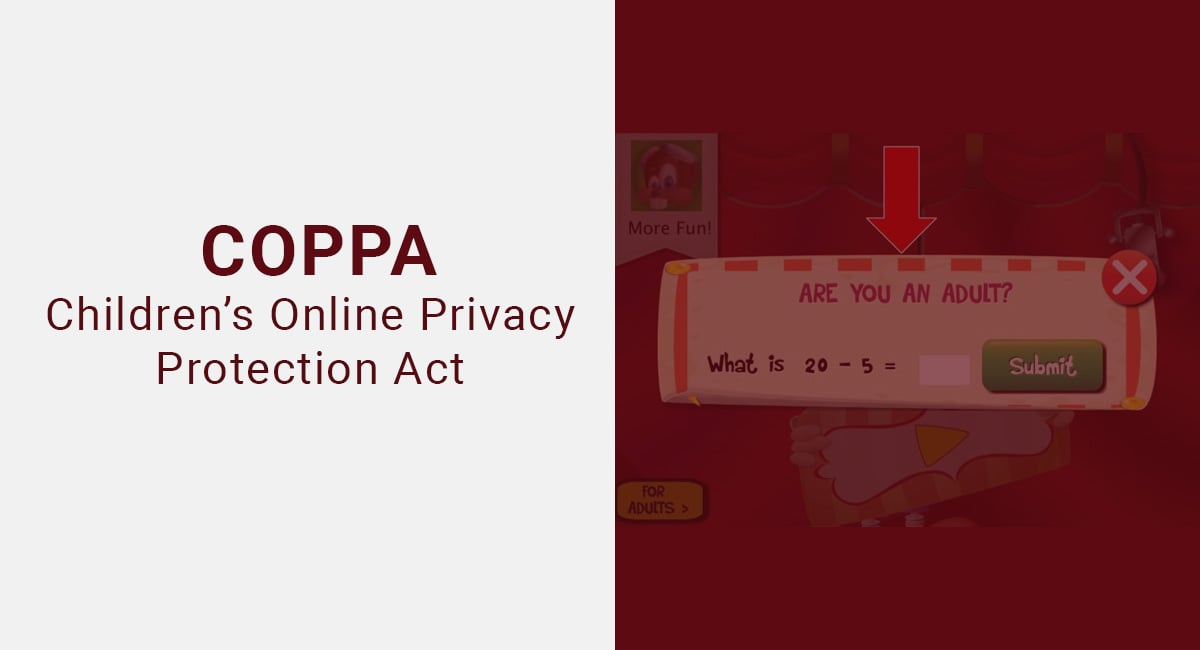- The paper form to be used for prescribing drugs that are charged, even only in part, to the National Health Service as per Annexes 1, 3, 5 and 6 to decree no. 350 by the Minister of Health of 11 July 1988 and Chapter 2, paragraph 2.2.2. Of the relevant technical specifications, shall be supplemented either by a paper tag or by a carbon-copy tag.
- 'Section 552a(p)(1)(A)(ii)(II) of title 5, United States Code, as amended by section 2 probably means section 7201(b)(1) of Pub. 101–508, shall not apply to a program referred to in paragraph (1), (2), or (4) of section 1137(b) of the Social Security Act (42 U.S.C. 1320b–7), until the earlier of—.
- On November 1, 2018, an amendment to Canada's federal privacy law, Personal Information and Protection of Electronic Documents Act (PIPEDA), introduced mandatory reporting obligations for data.
- Privatus 5 1 2 – Automated Privacy Protection Act Youtube
- Privatus 5 1 2 – Automated Privacy Protection Act Coppa
The Act did incorporate elements of H.R. 50 'Federal Bureau of Investigation First Amendment Protection Act of 1993' (into §2339A (c)) to prohibit investigations based purely on protected First Amendment activity, but this was effectively removed in the Antiterrorism and Effective Death Penalty Act of 1996.
The FTC has been the chief federal agency on privacy policy and enforcement since the1970s, when it began enforcing one of the first federal privacy laws – the Fair Credit Reporting Act. Since then, rapid changes in technology have raised new privacy challenges, but the FTC's overall approach has been consistent: The agency uses law enforcement, policy initiatives, and consumer and business education to protect consumers' personal information and ensure that they have the confidence to take advantage of the many benefits of the ever-changing marketplace.
Privatus 5 1 2 – Automated Privacy Protection Act Youtube

Internet Privacy Protection Act
Summary: The Internet Privacy Protection Act forbids Internet service providers (ISPs) from using or selling browsing histories, app usage data, geo-locations and other kinds of personal information without their users' consent.
Based on Maryland SB 1200 and Minnesota SF 1937
The newest such law enacted is Maine LD 946, a strong version.
BACKGROUND
In October 2016, the Federal Communications Commission established rules to limit how Internet service providers (ISPs) like AT&T, Comcast and Verizon, can use a customer's personal information. The rules divided customer data into two categories. For sensitive data, ISPs would need active permission from the customer before using: geographic location, children's information, health information, financial information, Social Security numbers, web browsing history, app usage history, or the content of a customer's communications. For less-sensitive personal data, ISP's would need to allow customers to opt-out, including the customer's name, address, IP address, current subscription level, or anything else. In March 2017, Congress and the President overturned those FCC rules by enacting S.J.Res.34.
A number of state legislatures are now stepping up to protect Internet consumers. The Minnesota Senate passed SF 1937, the Senate Judiciary Committee has approved Illinois SB 1502, and the Maryland Senate passed SB 1200.
SECTION 1. SHORT TITLE
This Act shall be called the 'Internet Privacy Protection Act.'
SECTION 2. FINDINGS AND PURPOSE
Privatus 5 1 2 – Automated Privacy Protection Act Coppa
(A) FINDINGS—The legislature finds that:
- In October 2016, the Federal Communications Commission established rules to limit how Internet service providers can use a customer's personal information.
- In March 2017, Congress and the President enacted a measure to cancel the FCC rules.
- Such rules are essential to maintain basic privacy rights for residents and this state has the power to protect its residents from the unwanted sale and use of personal information.
(B) PURPOSE— Outline 3 5 2 – view onenote notebooks. This law is enacted to protect the privacy rights of state residents.
SECTION 3. INTERNET PRIVACY
After section XXX, the following new section XXX shall be inserted:
(A) DEFINITIONS—In this section: Later 1 0 3 – schedule reminders using natural language.
- 'Browsing history' means information that shows that a consumer has accessed a specific web site.
- 'Internet service provider' means a person that provides access to the Internet.
- 'Personally identifying information' means the following information relating to a consumer using an Internet service provider to access the Internet:

Internet Privacy Protection Act
Summary: The Internet Privacy Protection Act forbids Internet service providers (ISPs) from using or selling browsing histories, app usage data, geo-locations and other kinds of personal information without their users' consent.
Based on Maryland SB 1200 and Minnesota SF 1937
The newest such law enacted is Maine LD 946, a strong version.
BACKGROUND
In October 2016, the Federal Communications Commission established rules to limit how Internet service providers (ISPs) like AT&T, Comcast and Verizon, can use a customer's personal information. The rules divided customer data into two categories. For sensitive data, ISPs would need active permission from the customer before using: geographic location, children's information, health information, financial information, Social Security numbers, web browsing history, app usage history, or the content of a customer's communications. For less-sensitive personal data, ISP's would need to allow customers to opt-out, including the customer's name, address, IP address, current subscription level, or anything else. In March 2017, Congress and the President overturned those FCC rules by enacting S.J.Res.34.
A number of state legislatures are now stepping up to protect Internet consumers. The Minnesota Senate passed SF 1937, the Senate Judiciary Committee has approved Illinois SB 1502, and the Maryland Senate passed SB 1200.
SECTION 1. SHORT TITLE
This Act shall be called the 'Internet Privacy Protection Act.'
SECTION 2. FINDINGS AND PURPOSE
Privatus 5 1 2 – Automated Privacy Protection Act Coppa
(A) FINDINGS—The legislature finds that:
- In October 2016, the Federal Communications Commission established rules to limit how Internet service providers can use a customer's personal information.
- In March 2017, Congress and the President enacted a measure to cancel the FCC rules.
- Such rules are essential to maintain basic privacy rights for residents and this state has the power to protect its residents from the unwanted sale and use of personal information.
(B) PURPOSE— Outline 3 5 2 – view onenote notebooks. This law is enacted to protect the privacy rights of state residents.
SECTION 3. INTERNET PRIVACY
After section XXX, the following new section XXX shall be inserted:
(A) DEFINITIONS—In this section: Later 1 0 3 – schedule reminders using natural language.
- 'Browsing history' means information that shows that a consumer has accessed a specific web site.
- 'Internet service provider' means a person that provides access to the Internet.
- 'Personally identifying information' means the following information relating to a consumer using an Internet service provider to access the Internet:
a. the consumer's name, address, Social Security number, geographic location, or web browsing history;
b. the Internet protocol address associated with an electronic device that belongs to the consumer;
c. the content of the customer's communications with anyone other than the Internet service provider; or
d. any information about the customer's spouse, children, health, or finances.
(B) RESTRICTION ON INTERNET SERVICE PROVIDERS
- An Internet service provider may not sell or transfer a consumer's personally identifying information to a person without the consumer's express and affirmative permission.
- An Internet service provider may not send or display to a consumer an advertisement that has been selected to be sent or displayed because of the consumer's browsing history without the consumer's express and affirmative permission.
- An Internet service provider may not refuse to provide its services to a consumer because of the consumer's refusal to provide express and affirmative permission to the Internet service provider under paragraphs (1) and (2) of this subsection.
- This section does not apply to an Internet service provider that transmits a consumer's personally identifying information in response to a subpoena, summons, warrant, or court order that appears on its face to have been issued in accordance with lawful authority; or to the consumer to whom the personally identifying information pertains.
SECTION 4. Clearview 1 9 8. EFFECTIVE DATE
This law shall become effective on July 1, 20XX.

